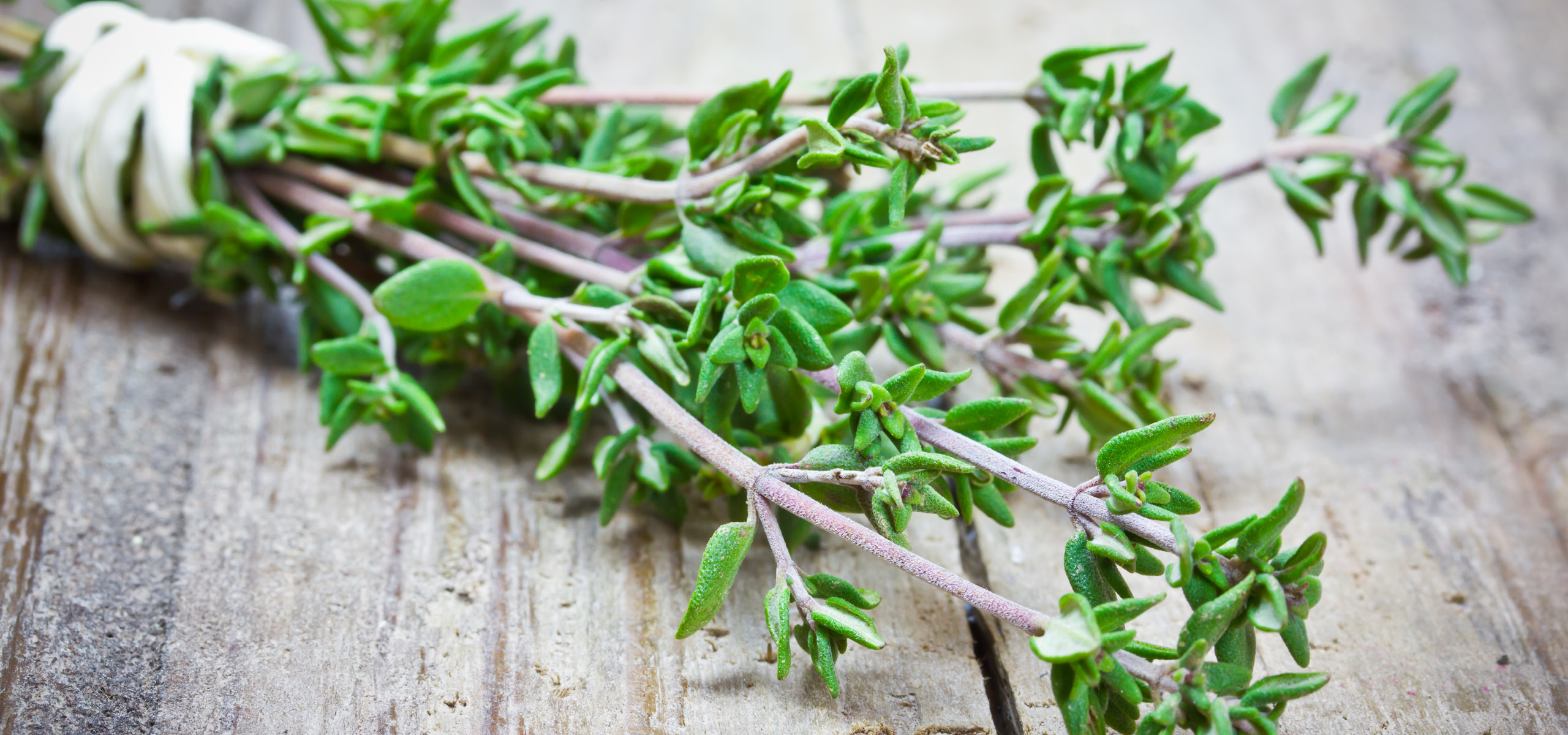Cough
A cough can be the result of a number of different causes. Identifying the type of cough and its cause will help in deciding what approach is best in providing relief. Read on to discover more about coughs, what Chinese medicine has to say about them, and herbal and lifestyle support to use to relieve them.

Types of cough
A cough is often described as either ‘wet’ or ‘dry’ to signify whether it’s accompanied by the production of phlegm (also known as sputum). Phlegm can vary in consistency, from clear and watery to thick. A wet (or ‘productive’) cough can be accompanied by other symptoms that vary according to the cough’s cause and duration.1
When a cough is caused by a common cold or flu, additional symptoms may include a sore throat and the presence of mucus that is either expelled from the body during coughing or accumulates causing congestion.2
In some cases, the cough be characterised by dryness - sometimes referred to as unproductive - and can include hacking, without the expulsion of phlegm.2
What causes cough?
Coughing occurs when something irritates the mucous membranes of the airways. Common triggers include common colds and flus, post-nasal drip (in which mucus drips into the throat from the nasal passages), and mild bronchial irritation.
Coughing is something that you can do at will, but it also occurs as a reflexive action – meaning that it occurs automatically (and sometimes without your voluntary control) when your body is attempting to clear your airways –usually in response to some form of irritation. It involves a deep inhalation and subsequent rapid, forced exhalation, which creates the characteristic sound of the cough.
Irritation of the airways prompts the increased production of sputum, which forms on the lining of the membranes in the affected parts of the respiratory tract, triggering cough.

What do the lungs do in Chinese medicine?
In traditional Chinese medicine (TCM), the lung organ-meridian system encompasses not only the lungs themselves, but also the skin and mucous membranes such as the throat and nasal passages. Together these tissues are regarded as the first line of defence against influences from outside the body with the potential to penetrate the body’s surfaces and cause illness.
The lung organ-meridian system is considered responsible for breathing, immune system function and keeping the body’s various fluids in a liquid state in TCM. Importantly, it also plays a key role in the way Qi (vital force energy) is absorbed and transported around the body.
The lungs and coughing
Phlegm may accumulate if the lung organ-meridian is unable to liquefy the fluids in the lungs appropriately, leading to congestion and coughing.
From the perspective of TCM, cough can be thought of as an excess of wind, commonly in combination with excess cold, heat and/or dryness.
Herbal therapies for cough
In both Western and Chinese herbal medicine, there are a number of herbs that can provide relief from the common symptoms of cough. Many of these have an expectorant type action, that is, they help to expel respiratory mucus. Read on to do discover how specific herbs are traditionally used in Chinese and Western herbal medicine, and when to consider each of them.
Elecampane – traditionally used in Western herbal medicine to soothe bronchial airways and relieve mild bronchial cough
In Western herbal medicine, elecampane is traditionally used to help clear mucus from the respiratory tract and relieve cough.
Elecampane also has a soothing (demulcent) effect and helps to relieve mild bronchial irritation, based on its traditional use in Western herbal medicine.
Of course, it’s also important to provide support for the immune system – elecampane is traditionally used in Western herbal medicine to support the immune system in fighting illness.
White horehound is traditionally used in Western herbal medicine to relieve cough
White horehound is traditionally used in Western herbal medicine to relieve a dry, unproductive cough and also provides an antispasmodic effect.

Thyme provides relief from cough in traditional Western herbal medicine
Thyme relieves mild upper respiratory tract congestion and cough, based on its traditional use in Western herbal medicine. It’s also often traditionally taken in Western herbal medicine to decrease the symptoms of the common cold, including cough.
In Cough Lung Tonic liquid, Chinese licorice is used in TCM to ease a sore throat
In TCM, Chinese licorice traditionally relieves coughs and enhances lung health by moistening the lungs. Chinese licorice is also traditionally utilised in TCM to relieve the symptoms of a sore throat and help to clear phlegm.
Introducing Fusion Cough Lung Tonic
Looking for a cough mixture that contains these herbs and more? Fusion Cough Lung Tonic includes elecampane for its expectorant properties and to act as a lung tonic, white horehound to relieve dry coughs, and thyme to relieve coughing associated with common colds – all based on their traditional use in Western herbal medicine. Also present is Chinese licorice, which is traditionally used to relieve coughs in Chinese medicine, plus the herbs balloonflower (platycodon), aster, stemona and houttuynia. Also available in capsules.
Coughs in kids
Fusion Kids' Cough Fighter has been specially formulated to taste great while soothing children’s coughs. It includes ivy leaf to decrease coughing in children. It has expectorant actions to clear respiratory mucus, based on the traditional use of elecampane and thyme in Western herbal medicine, and is available is a delicious naturally derived blackcurrant flavour, with extra sweetness from Chinese licorice.
Zinc, vitamin C and the immune system
Zinc and vitamin C are required for the maintenance of healthy immune function and vitamin C supports the immune system to fight illness. Find them in both Zinc Advanced and Vitamin C 1000 Advanced.
Diet and lifestyle recommendations for cough
- It’s a no-brainer, but stop smoking if you haven’t already done so. There are a number of excellent support services and treatment options available to help in quitting smoking
- Support your defensive Qi by avoiding exposure to excessive wind and extremes of heat or cold. If you need to go out in windy or chilly weather, rug up well and wear a scarf to protect your neck and chest. To support your lung organ-meridian according to TCM, eat foods with warm and pungent flavours such as garlic, onions, ginger and chilli
- Avoid dairy products and foods that are cool in temperature as they’re traditionally believed to promote the formation of phlegm in TCM
- Regular exercise helps keep your lungs healthy. From the perspective of TCM, choose gentle, breath-based forms of exercise such as Tai Chi and Qigong. Always talk to your health professional before beginning a new exercise routine
- In TCM, issues affecting the lung organ-meridian system are sometimes associated with unresolved sadness or grief. If you believe you may be experiencing such issues, ask your healthcare professional for a referral to a counsellor or psychologist
- If your work exposes you to environmental irritants, take every possible step to protect your lungs, including wearing a face mask and using an extraction fan where possible
Always read the label and follow the directions for use.
References:
- Healthline. Last updated 2017 and accessed February 2021 from https://www.healthline.com/health/how-to-get-rid-of-mucus-in-chest#see-your-doctor
- Health Direct. Last updated 2019 and accessed February 2021 from https://www.healthdirect.gov.au/cough
















